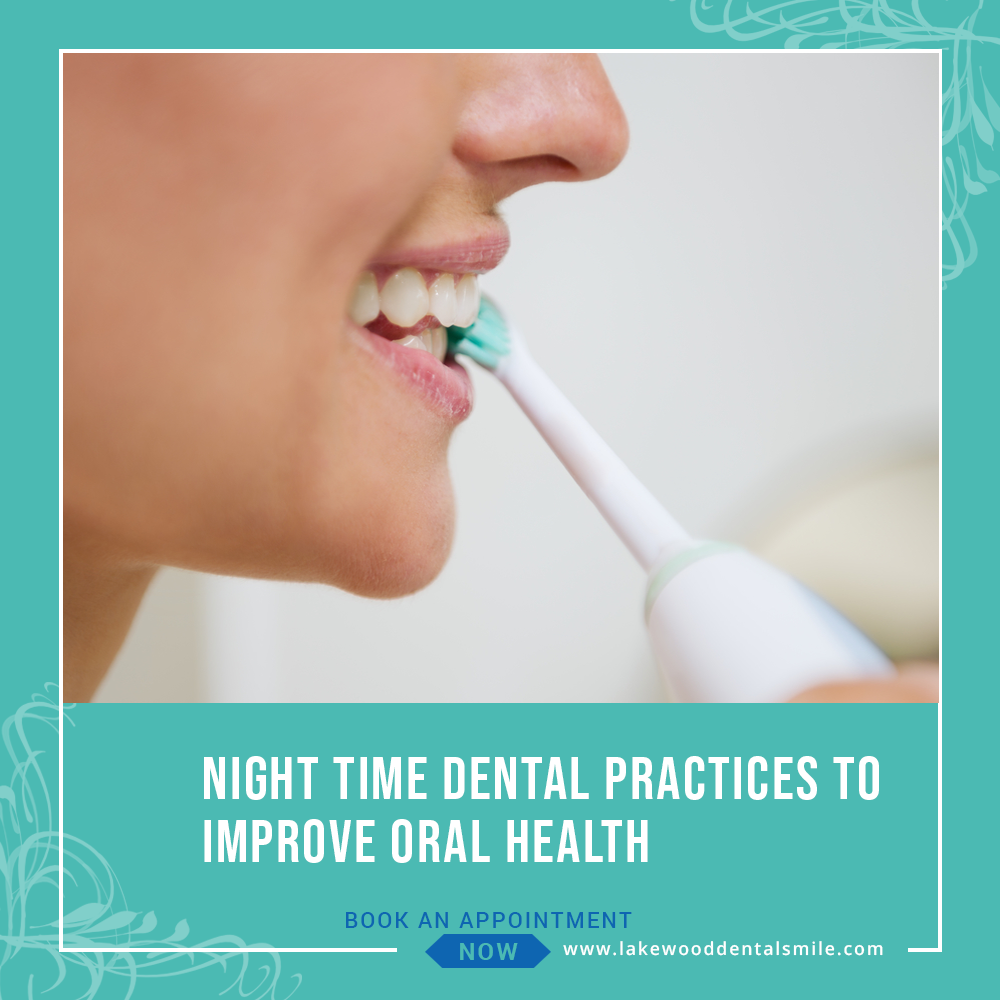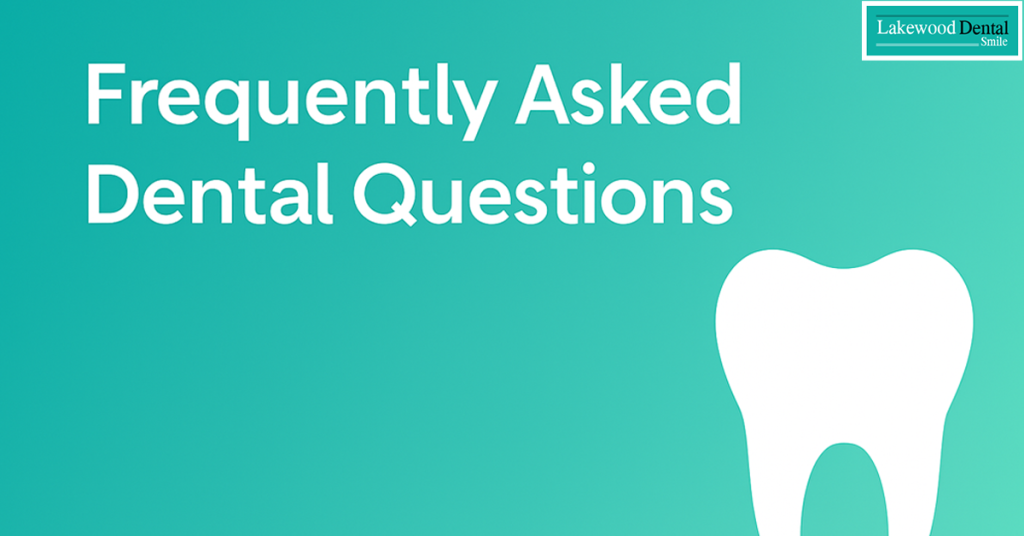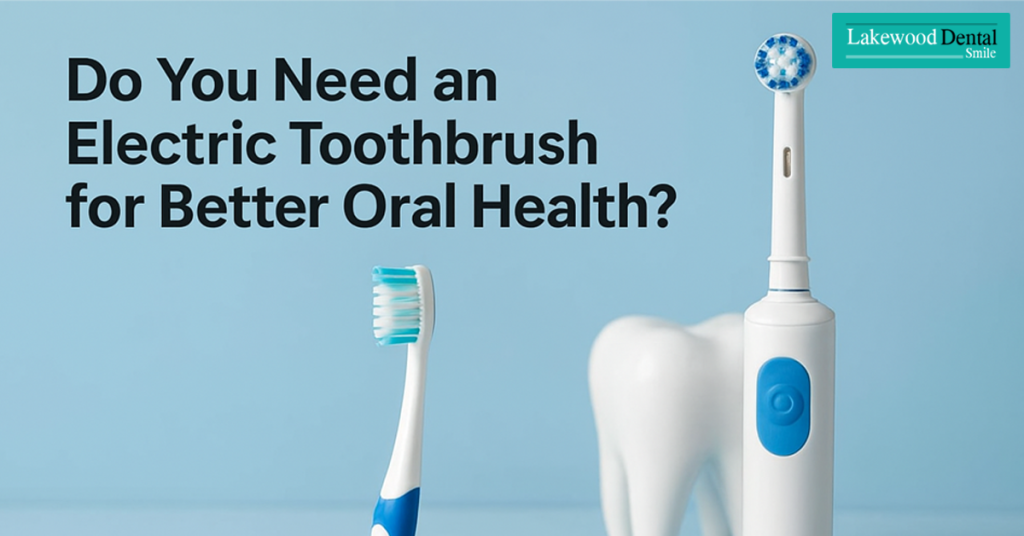Nighttime dental practices are essential for maintaining oral health while you sleep. During the eight hours of rest, your mouth becomes more susceptible to bacteria growth, plaque formation, and potential tooth decay. By following proper habits before bed, you can protect your teeth and gums and prevent long-term dental issues. These steps also prepare you for a smoother daytime oral routine.

1. Brush Thoroughly Before Bed
Brushing your teeth before bedtime is a cornerstone of effective nighttime dental practices. It helps prevent plaque buildup, tooth decay, and gum disease. Dentists recommend brushing immediately after dinner and again before sleep if you are prone to cavities or sensitive gums.
Use gentle, short back-and-forth strokes, starting with outer tooth surfaces, then inner surfaces, and finally chewing surfaces. Clean the backs of your front teeth with the brush tip. This technique ensures thorough cleaning while protecting enamel and gums.
2. Switch to an Electric Toothbrush
Using an electric toothbrush enhances your nighttime dental practices. Its rotating and oscillating head removes plaque more efficiently than a manual brush. Choose a model that feels comfortable, is easy to handle, and can reach all tooth surfaces effectively.
3. Floss Every Night
Flossing is a key step in nighttime dental practices. It removes food particles and plaque before they harden into tartar, which can only be removed by a dental professional. For most people, flossing at night is sufficient, though those prone to gum disease may benefit from flossing in the morning as well. This habit reduces bacterial growth while sleeping and helps maintain healthy gums.
4. Rinse with Therapeutic Mouthwash
Rinsing with mouthwash before bed is another important element of nighttime dental practices. Therapeutic mouthwashes strengthen enamel, protect against cavities, and prevent gingivitis. Avoid cosmetic-only mouthwashes, which only mask bad breath. Consult your dentist to select a formula that supports your oral health needs.
5. Address Teeth Grinding
Many people unknowingly grind their teeth at night, leading to enamel wear, sensitivity, or cheek tissue damage. While dentists cannot stop grinding, they can provide a custom night guard. Wearing this appliance is an essential part of nighttime dental practices, protecting teeth from long-term damage.
6. Maintain Regular Dental Checkups
Regular dental checkups and professional cleanings support your nighttime dental practices. Preventive care ensures your teeth remain clean and your gums healthy. Your dentist and hygienist can identify early signs of decay or gum disease, helping maintain optimal oral health over time.
7. Limit Sugary Snacks Before Bed
Avoiding sugary foods in the evening supports effective nighttime dental practices. Bacteria feed on sugars and produce acids that erode enamel during sleep. Reducing sugar intake before bedtime lowers the risk of cavities and protects your overall oral health.
8. Stay Hydrated Overnight
Keeping your mouth hydrated minimizes dry-mouth bacteria growth, which contributes to plaque formation. Drinking water before bed or using a bedroom humidifier complements your nighttime dental practices, ensuring your oral environment remains healthy throughout the night.
Patient Scenario: Sarah’s Nighttime Routine
Sarah, a busy professional in Dearborn, Michigan, struggled with morning tooth sensitivity and inflamed gums. After adopting proper nighttime dental practices—brushing twice, flossing, using therapeutic mouthwash, and wearing a night guard—she noticed dramatic improvements. Her enamel strengthened, gums became healthier, and her dentist confirmed reduced plaque buildup at her next visit. Sarah’s example demonstrates how consistent nighttime care produces real-life benefits and protects her smile.
Aftercare and Maintenance Tips
- Replace toothbrushes regularly – worn bristles reduce cleaning effectiveness.
- Check flossing technique – ensure every tooth surface is reached to remove hidden plaque.
- Use night guards if prescribed – protects enamel and prevents grinding damage.
- Follow dentist recommendations – fluoride treatments or specialized rinses may be needed for certain patients.
Integrating these habits into your nighttime dental practices ensures long-term oral health and reduces the risk of cavities, gum disease, and other oral issues.
Conclusion
Consistent nighttime dental practices are vital for protecting teeth and gums during sleep. Simple routines such as brushing, flossing, rinsing, and using night guards make a significant difference in oral health. Residents of Dearborn, Michigan, can consult Lakewood Dental Smile for personalized guidance and professional care to maximize these benefits. Following these steps consistently guarantees a healthier, brighter smile every morning.





